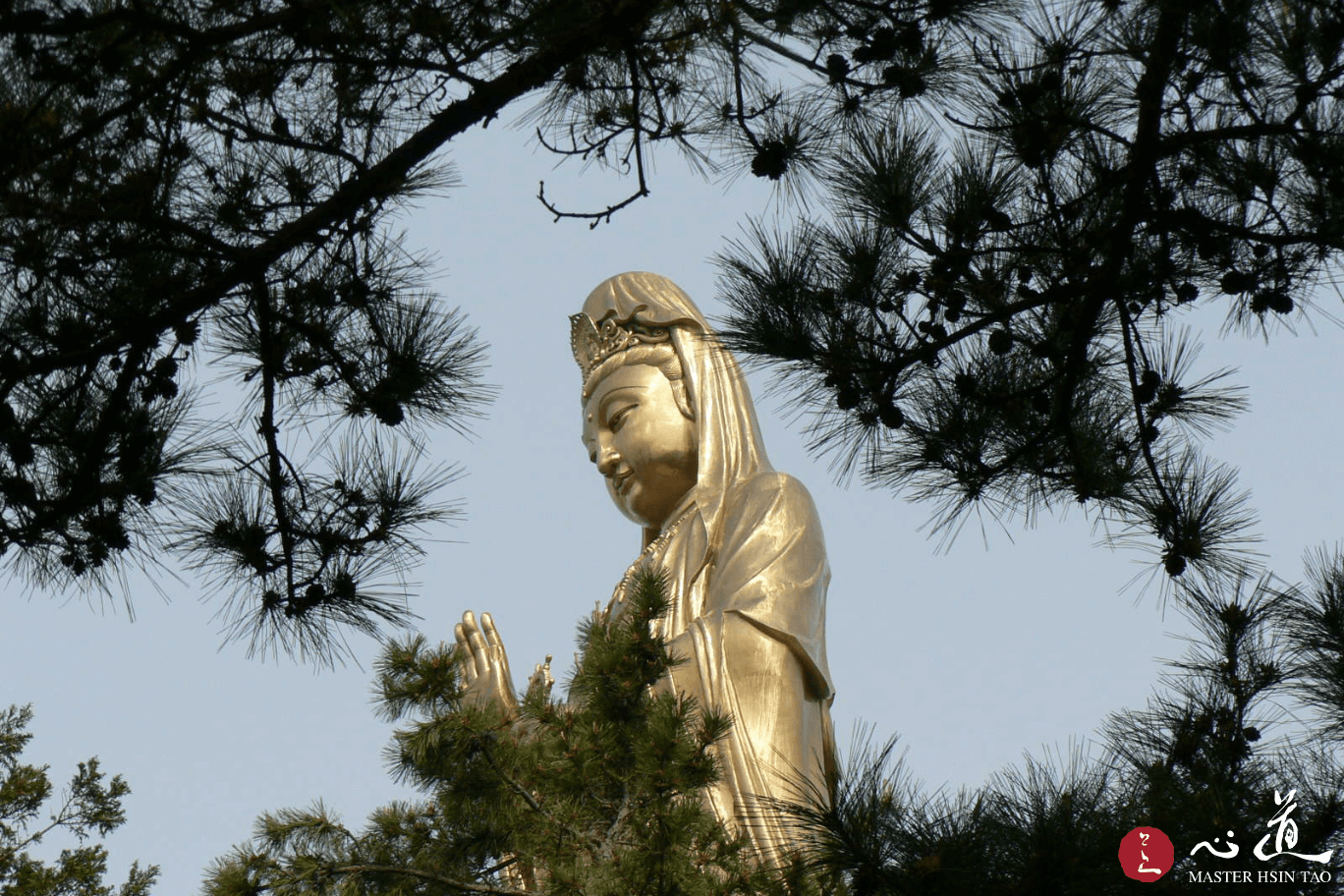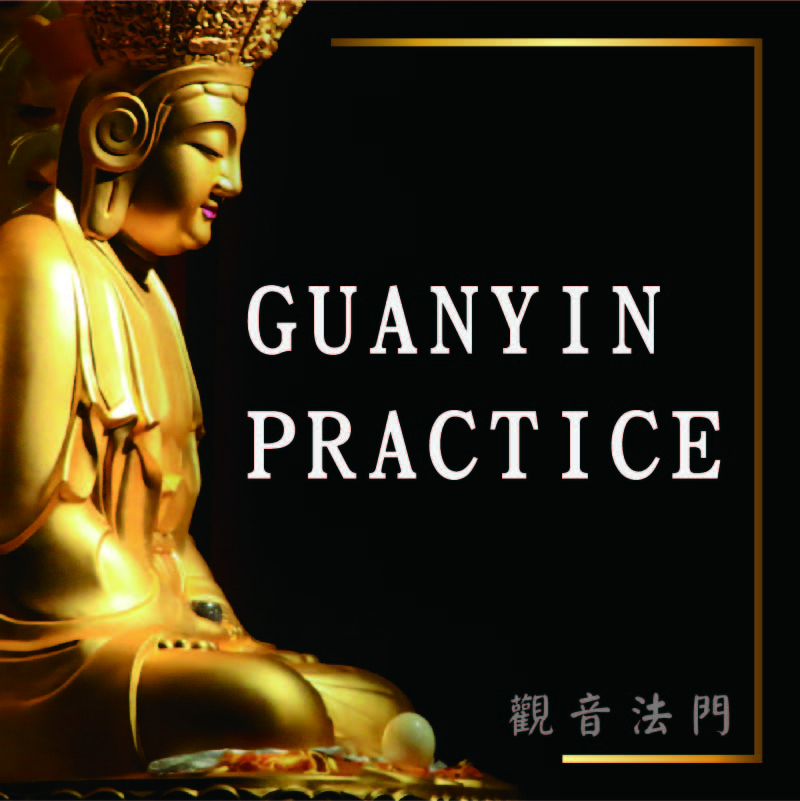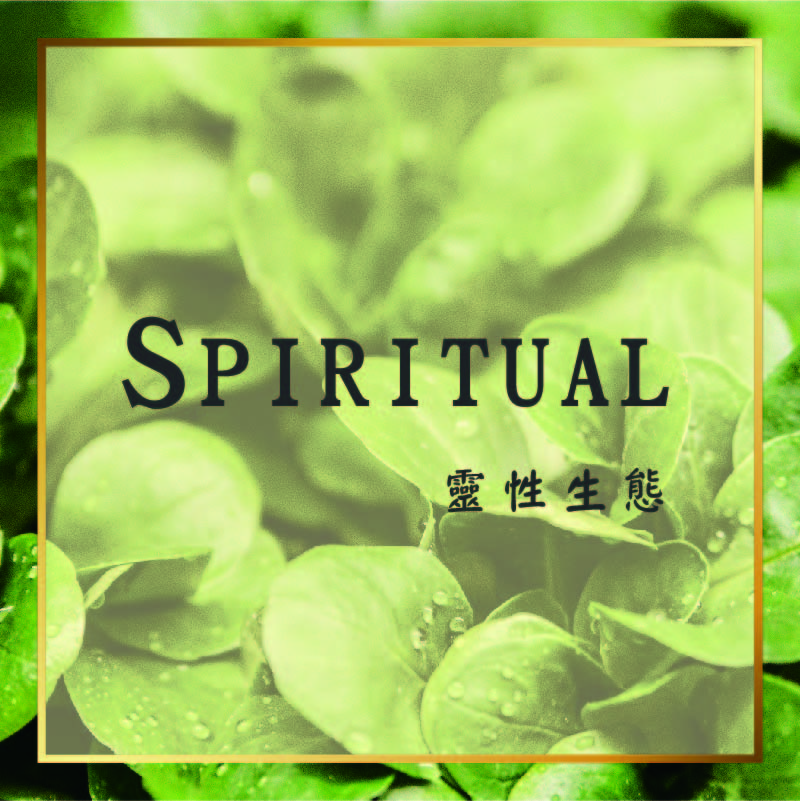
Spiritual Ecology and the Ten Minds of Guan Yin
 What is the relationship between ecology and Guan Yin (Avalokiteshvara)? In essence, great compassion manifests through ecological spirituality, while the unsurpassable bodhicitta manifests as spiritual ecology. These concepts are intimately connected to Guan Yin’s great compassion. That being said, the spiritual ecology we discuss is rooted in the great compassion elucidated through the Great Compassion Mantra. This great compassion is the supreme bodhicitta, which encompasses the entire spiritual ecology. This very essence of compassion shapes the spiritual ecology.
What is the relationship between ecology and Guan Yin (Avalokiteshvara)? In essence, great compassion manifests through ecological spirituality, while the unsurpassable bodhicitta manifests as spiritual ecology. These concepts are intimately connected to Guan Yin’s great compassion. That being said, the spiritual ecology we discuss is rooted in the great compassion elucidated through the Great Compassion Mantra. This great compassion is the supreme bodhicitta, which encompasses the entire spiritual ecology. This very essence of compassion shapes the spiritual ecology.
We extend the great compassion into spiritual ecology through bodhicitta, which necessitates both the awakening and aspiration—the awakening to spirituality and aspiring to liberate all sentient beings. Consequently, in every contact that we share with others, we must be mindful to generate a mind that is undefiled, of emptiness, unsurpassed bodhicitta, veneration, and so forth—collectively termed the “Ten Minds of Guan Yin.” By taking the ten minds as the backbone, the concept of spiritual ecology unfolds.
 Spiritual ecology represents the fruition of the supreme bodhicitta and embodies the great compassion. Through this compassion, we perceive spirituality in every ecological element. It is essential to recognize that our relationship with ecology is one of mutual support and is characterized by interconnectedness. Humanity and ecology are companions. We depend on the ecosystem for sustenance and habitat. Without vegetation, forests, and so forth, our dwellings become barren spaces. With these elements, our habitats are enlivened and becoming a part of living entity of spirituality.
Spiritual ecology represents the fruition of the supreme bodhicitta and embodies the great compassion. Through this compassion, we perceive spirituality in every ecological element. It is essential to recognize that our relationship with ecology is one of mutual support and is characterized by interconnectedness. Humanity and ecology are companions. We depend on the ecosystem for sustenance and habitat. Without vegetation, forests, and so forth, our dwellings become barren spaces. With these elements, our habitats are enlivened and becoming a part of living entity of spirituality.
Children growing up in cities today often have very little contact with rural life, trees, or forests. As a result, their personalities can lack warmth and empathy. Without the nurturing presence of nature to soften and dissolve their tendencies toward greed, aversion, and ignorance, they may develop withdrawn, eccentric, or emotionally detached characters. Nature has a unique power to dissolve many forms of inner conflict and opposition. Through connection with the natural world, people can cultivate compassion, empathy, and the ability to care for others. This is nature’s special harmonizing effect—a mutually supportive relationship that fosters a virtuous cycle between humans and the environment.
 Therefore, spiritual ecology is universally indispensable, involving the integration of internal self-awakening with external environmental relationships. We must employ love to transform negative or harmful consciousness, utilizing meditation to purify non-virtuous consciousness and purify the complex karmic workings of consciousness—allowing the mind to return to its original state without any fabrications.
Therefore, spiritual ecology is universally indispensable, involving the integration of internal self-awakening with external environmental relationships. We must employ love to transform negative or harmful consciousness, utilizing meditation to purify non-virtuous consciousness and purify the complex karmic workings of consciousness—allowing the mind to return to its original state without any fabrications.













